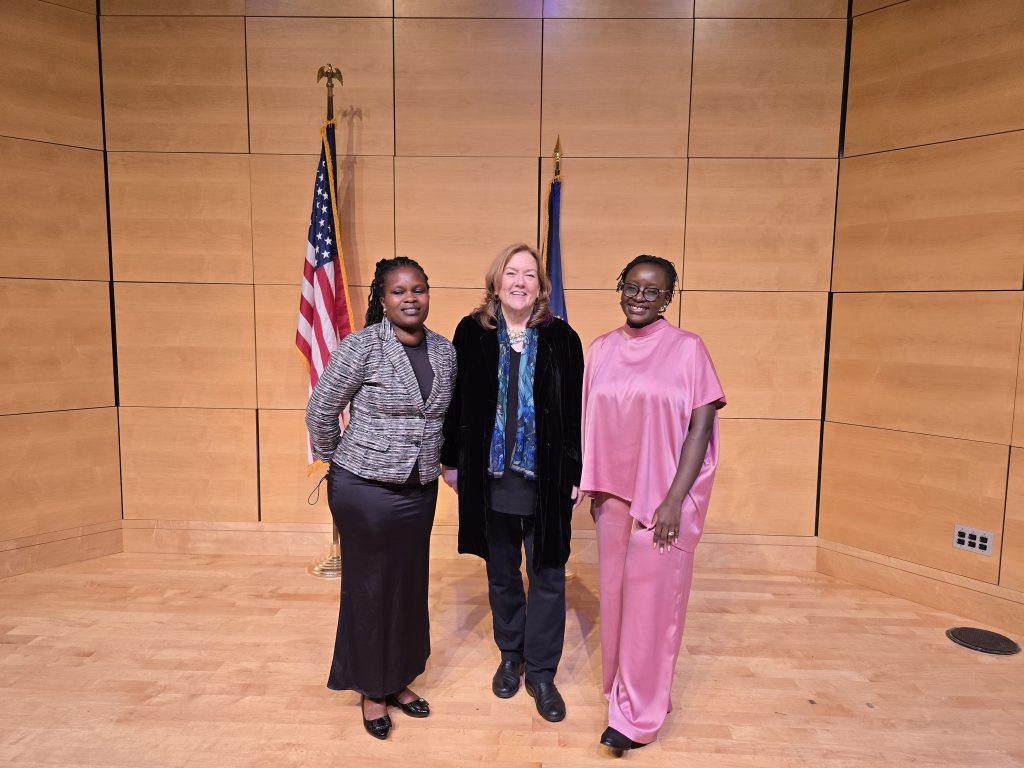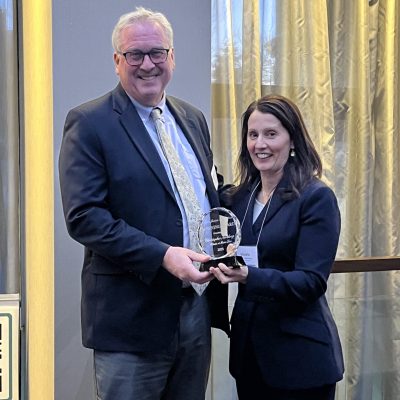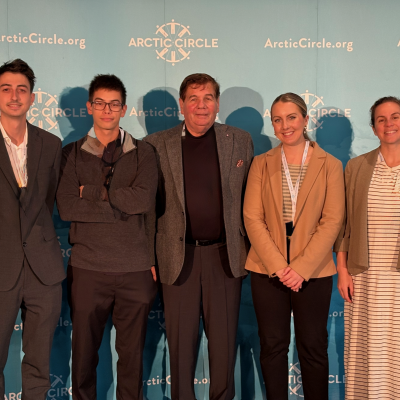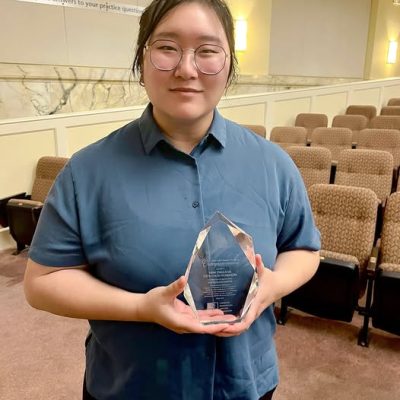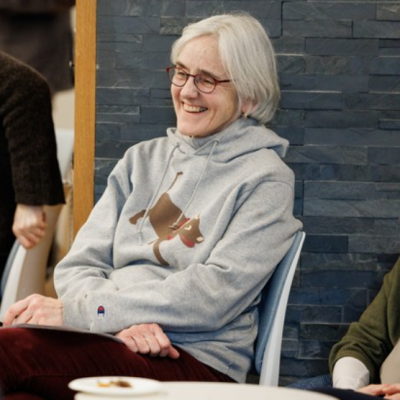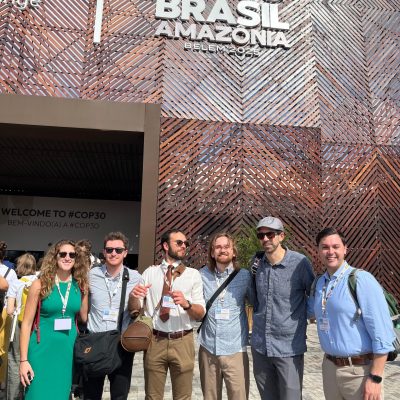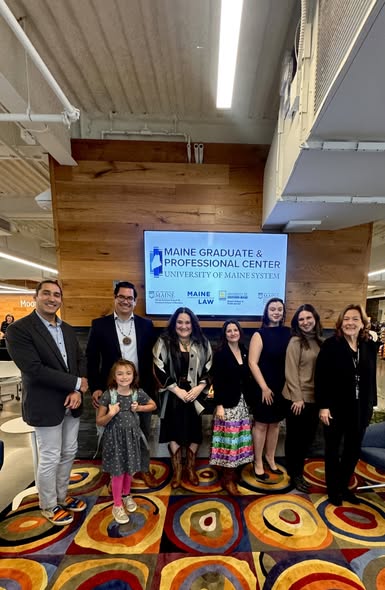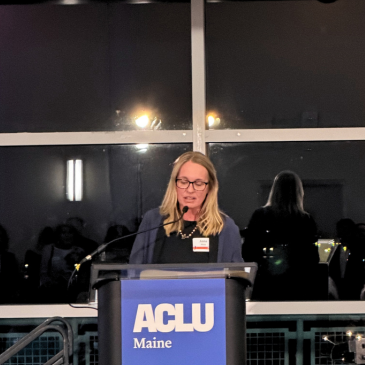On September 26th, Maine Law hosted the 13th Annual Justice for Women Lecture at Hannaford Hall in Portland. This year’s lecture, Empowering Women and Girls with Disabilities: Fighting Discrimination, and Promoting Inclusion, was delivered by Maria Omare and Juliet Mwongeli Muema, both disability rights activists in their home country of Kenya.
Omare is the founder and Executive Director of The Action Foundation (TAF), a Kenyan organization promoting justice and equality for girls and women with disabilities. Muema works as a program officer with TAF and is also an award winning paracyclist, a path she began pursuing after losing most of her vision. Both women spoke extensively to the cultural, logistical, financial, and psychological hurdles women and girls with disabilities face in Kenya, sharing facets of their own experiences with disabilities.
Girls and women with disabilities in Africa are ten times more likely to experience gender-based violence than their peers, Omare shared, and they are also more likely to be shunned or maltreated within their families, communities, and educational environments. Much of TAF’s work focuses on interventions at the educational level to ensure girls with disabilities are receiving the resources, accommodations, and attention they deserve.
“As I’ve worked with TAF I’ve seen that students with disabilities are willing to show up to school, but teachers aren’t always willing to instruct them…. I’ve become tired of hearing that children with disabilities deserve less,” Omare said.
And this discrepancy doesn’t just apply to children with disabilities.
Muema recounted the many times over the course of her life she had to advocate for the resources she needed to survive with her disability, nevermind thrive.
Most recently, Muema qualified for the 2024 Paralympics in Paris but was unable to go because of misappropriated government funding. The disappointment nearly caused her to quit the sport permanently.
After speaking with friends and mentors and remembering the many challenges she overcame from childhood and university, Muema decided to begin a campaign to raise her own funds to attend the next paralympic games.
“Ultimately, I have experienced so much growth because of the nature of my disability,” Muema reflected. “Despite the challenges and disappointments, if given the chance, I would still decide to come back as me every time.”
Both women discussed how heartening it felt to visit Maine and see a community that embraces people of all ages, genders, and capabilities with disabilities. They said they see a place that celebrates diversity and strives towards creating a world accessible for all. Even free menstrual products in bathrooms Omare said, spoke volumes.
“In Kenya many girls often have to miss school because of their periods,” she explained. “Here products are offered freely. I see a more inclusive world here, especially for women and children, and that gives me hope.”
Two beacons of that hope and champions of Maine’s disability rights community were also honored that evening. Kim Moody, Executive Director of Disability Rights Maine, and Fowsia Musse, Executive Director of Maine Community Integration, both received the Courage is Contagious award.
Moody began with Disability Rights Maine in 1987, growing the organization from 17 employees to 52. She has served in her current position since 1996 and represents Mainers with disabilities on multiple boards across the state. “Thank you for recognizing my work,” she said. “It is work I would have done anyways, but I am honored.”
Musse is a leader within her Lewiston community, working with fellow Somali refugees to integrate and contribute in meaningful ways to their new home while also functioning as a community liaison. While visiting family in the Somali region of Ethiopia in 2022, Musse was shot in an incident that killed her sister and eventually led to the amputation of Musse’s right leg. Despite all this, Musse said she feels lucky to be alive today, but she did not make that journey alone.
“It took a lot of effort to be alive today,” she added. “And I couldn’t have done that without the support of, what was sometimes, the entire state.”

